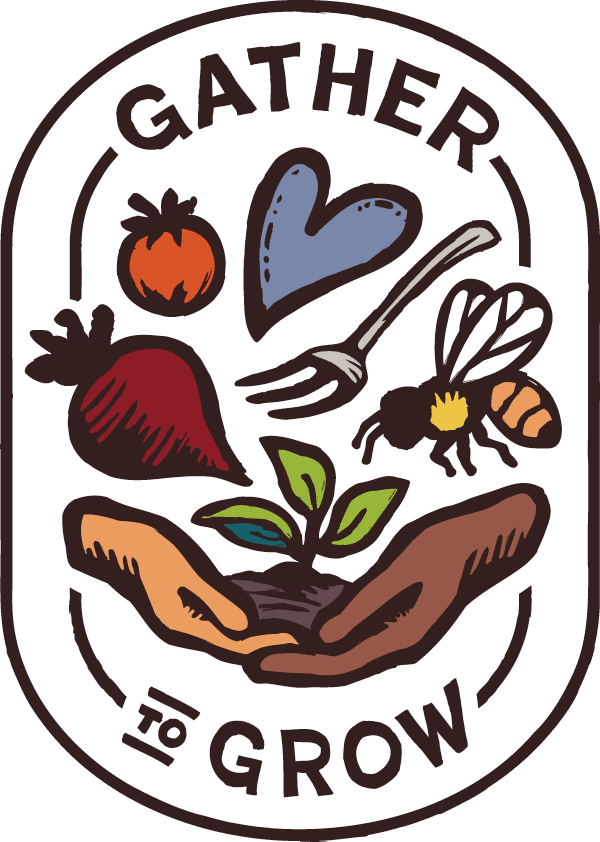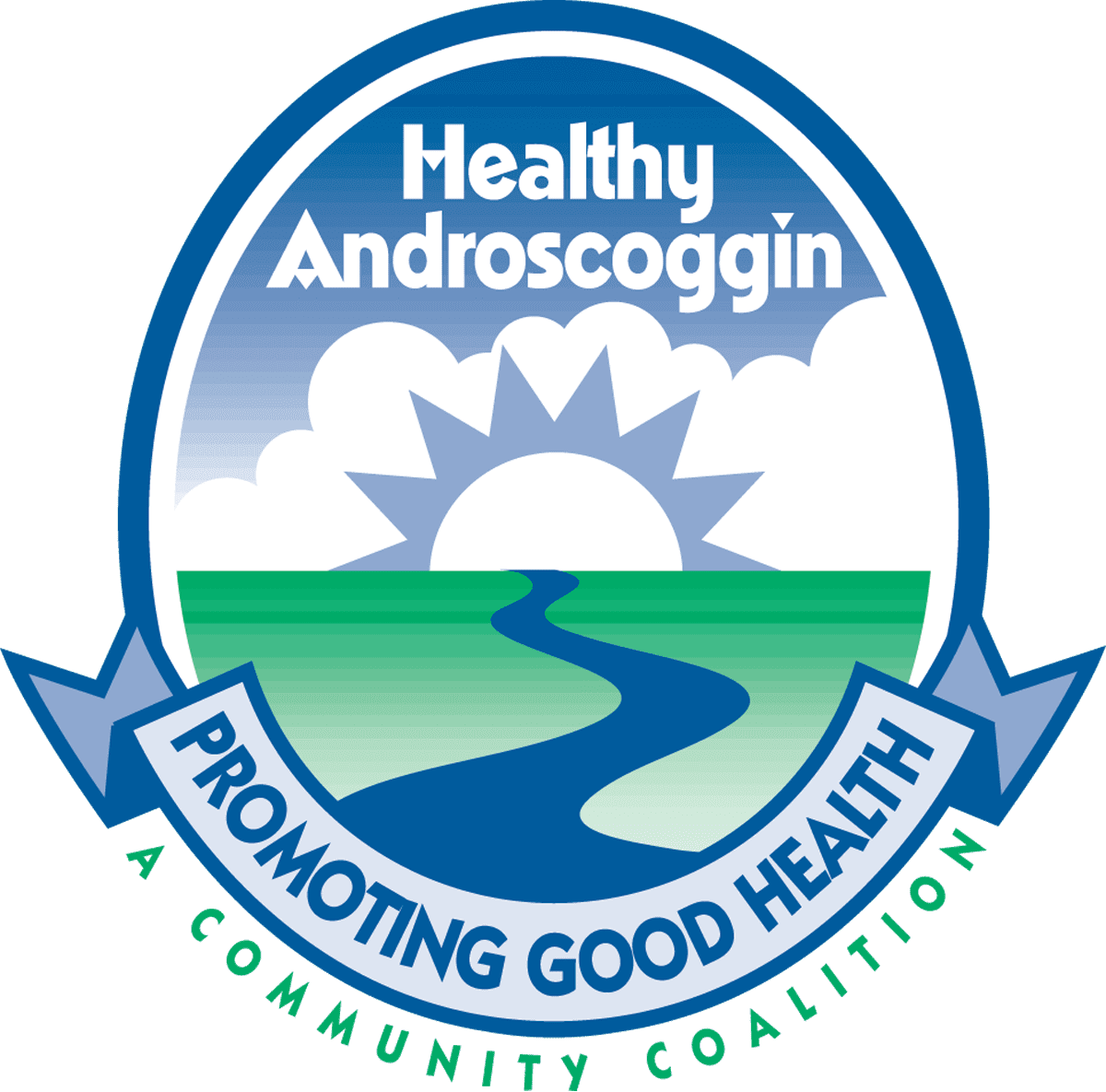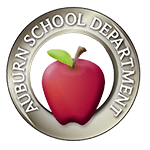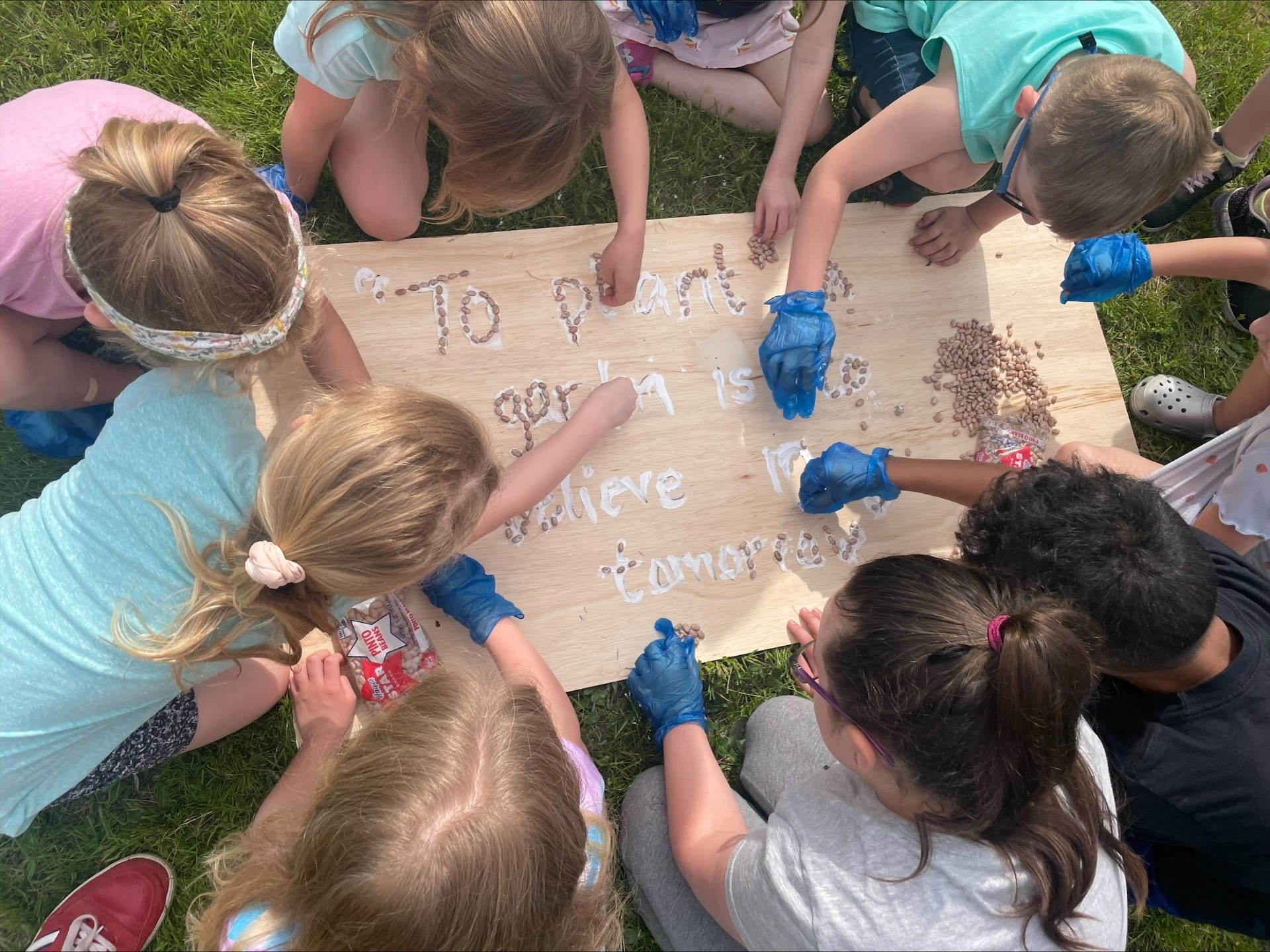
Integrate garden and nutrition education in schools
Support the sustainable integration of garden and nutrition education into our public school curriculum and afterschool programing
This action is appearing in our plan for the first time, it just sprouted.
Strengthen
Strengthen Food Stablity & Economic Growth
Integrate
Integrate Agriculture & Climate Resilience
Leaders & Supporters of the Work
The Big Why
Food insecurity in Lewiston Auburn is much higher than the national average of 12.8%— roughly 30% of Lewiston and 19% of Auburn households receive SNAP; 48.8% of students are considered economically disadvantaged in Lewiston and 39.5% in Auburn. All of Lewiston’s and 5 Auburn elementary schools participate in the federal Title 1 program supporting free and reduced lunch. Expanding school garden and nutrition programming is a critical strategy for combating childhood food insecurity while simultaneously providing engaging, hands-on, evidence-based learning opportunities in elementary school classrooms, gardens, and cafeterias. For the past 12 years, the Nutrition Center has been partnering with schools and FoodCorps to build sustainable garden and nutrition education programs with the goal of reaching every child in Lewiston schools. Great strides have been made toward achieving this goal, including years of direct education in classrooms, cafeterias, and gardens. The Nutrition Center chooses to invest in school-based strategies because schools play a vital role in food access for children and in their food experiences, growth, and long-term outcomes. Children need opportunities to grow, cook, and eat nourishing food and celebrate cultures through food; greater opportunity for fresh, local, and culturally preferred foods in the cafeteria, which is often a barrier in utilizing free meals; and outdoor, experiential education integrated into Common Core and STEM standards that support different learning styles.
Through Maine SNAP-Ed and Healthy Eating Active Living programming, Healthy Androscoggin offers a number of supports and direct education opportunities to schools throughout Androscoggin County. Offerings include delivery of series-based curriculum by staff tailored to each grade level. Pre-K classrooms engage in discovery of new food, listening to the body for hunger cues, and learning about the food groups and staying active. Kindergarten-3rd grade classes learn about a new seasonal fruit or vegetable each month, what nutrients they give our body, and are also encouraged to try new foods in lots of ways! Grades 4-12 participate in cooking series where students apply math and reading while learning basic cooking skills like how to use a knife, measuring, reading and adapting recipes, cooperation, and thinking about what nutrients our food gives us. Staff is also available for support in implementing wellness/nutrition policy, adding nutrition education and cooking at school gardens, voice-and-choice opportunities like taste-tests to choose new cafeteria ingredients, and resources for school pantries.
Moving forward, continued focus will be placed on increasing student voice and choice in school menus that will reduce barriers and increase utilization of universal school meals as a critical equity and anti-hunger impact. Schools will make additional strides in sustainable staffing, curricular, and program models to offer garden and food-based education in school and after-school settings. The Local Foods Action Plan Lewiston Auburn will support deeper coordination of efforts among Lead partners and opportunities to share best practices.
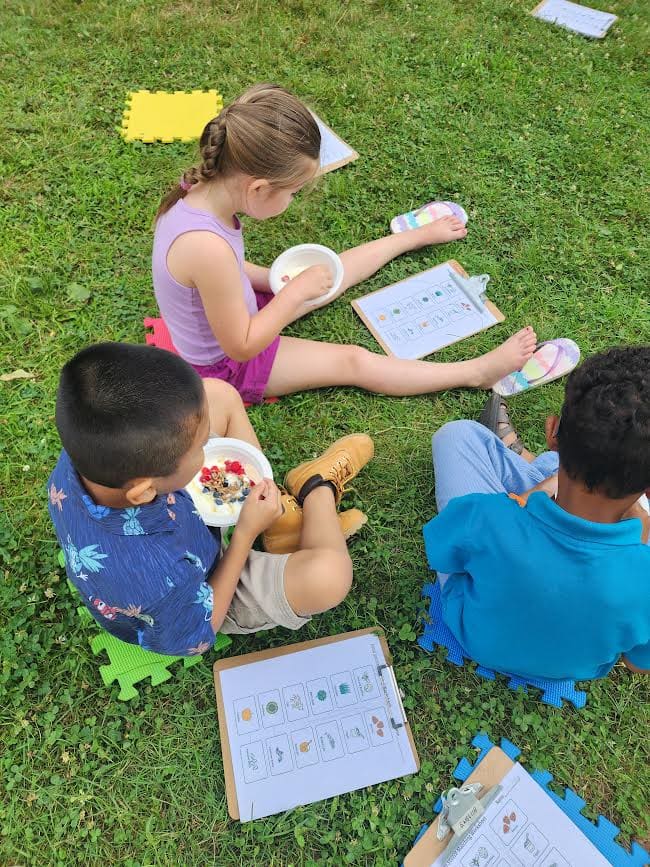
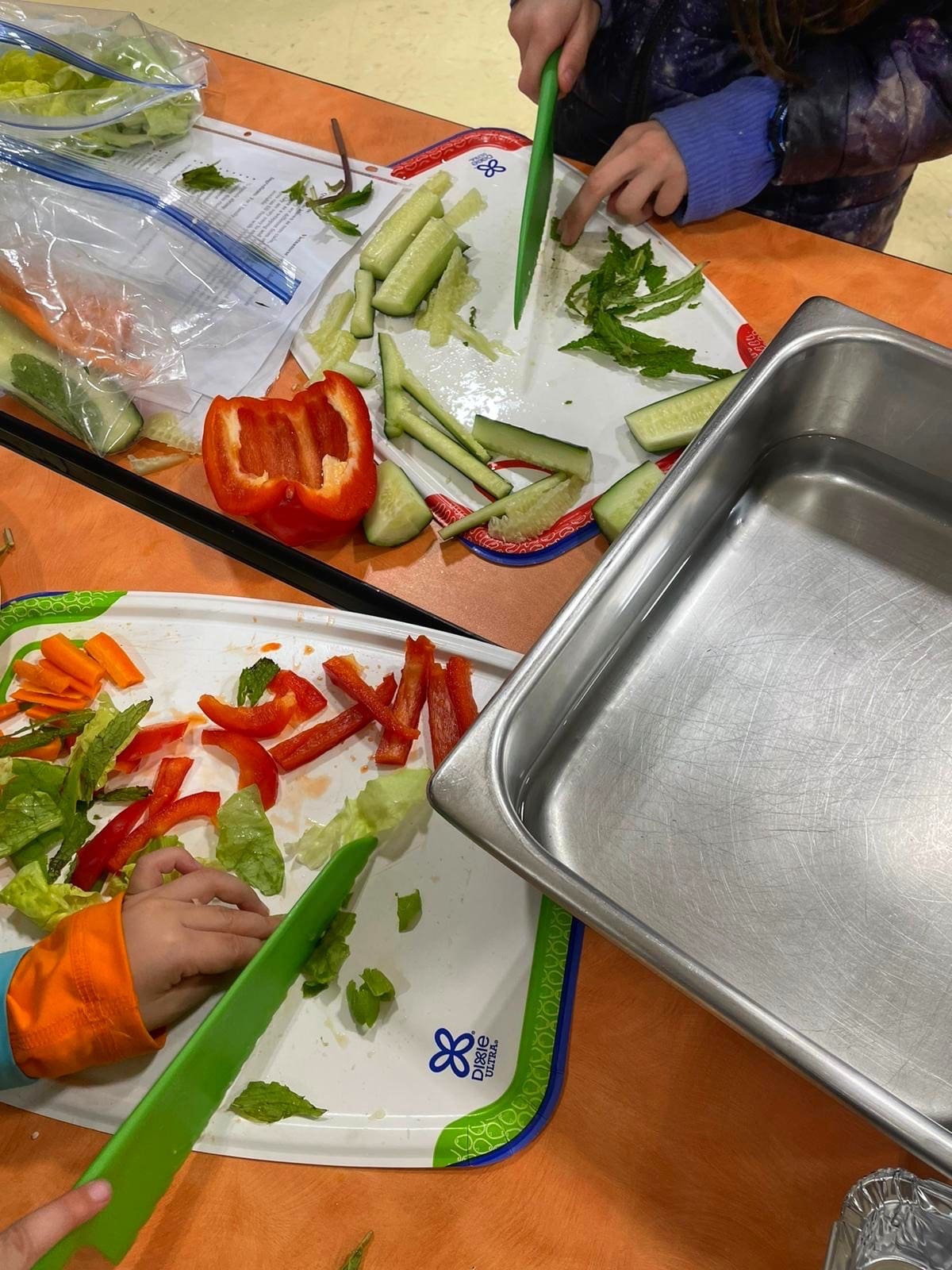
Progress
- Healthy Androscoggin SNAP-ED teaches harvest of the month lessons & cooking classes to androscoggin county pre k -6th, some middle and highschools. Hands-on cooking classes with upper grades.
- Foodcorp members bring 5 senses exploration/ mindful tastings in the garden. As well as garden exploration lessons with cooking extensions. Introducing the honorable harvest and its basis in indigenous ways of life.
- Healthy Androscoggin working at Sabattus GRO garden. Doing education in the garden with summer school students, offering cooking matters program, utilizing farm fresh ingredients.
- 2024 Healthy Androscoggin SNAP-ED collaborating with FoodCorp members and STEM teachers at various schools in the greater L/A area to integrate garden education into elemtary schools.
Dig Deeper
Resources & Additional Materials
